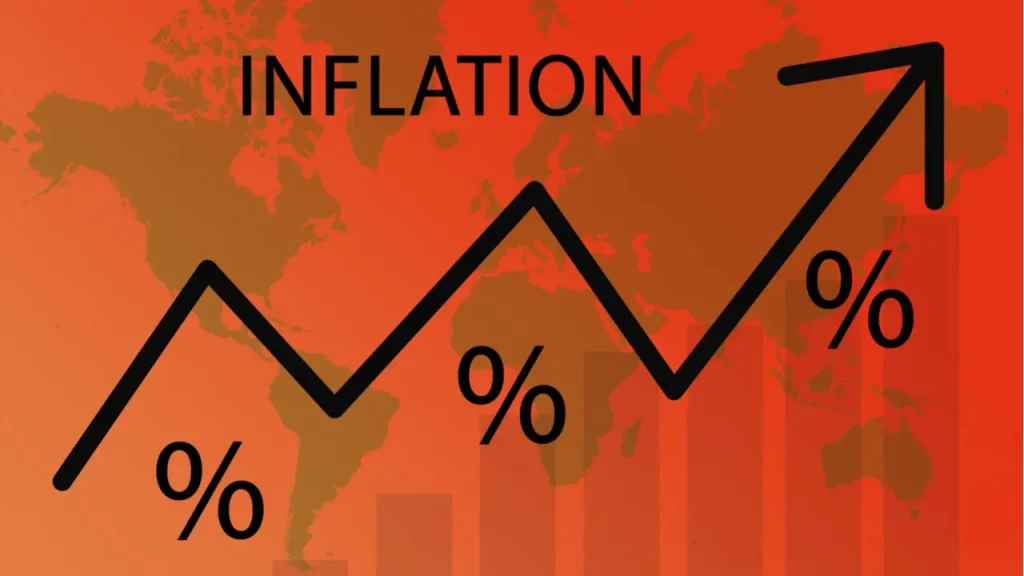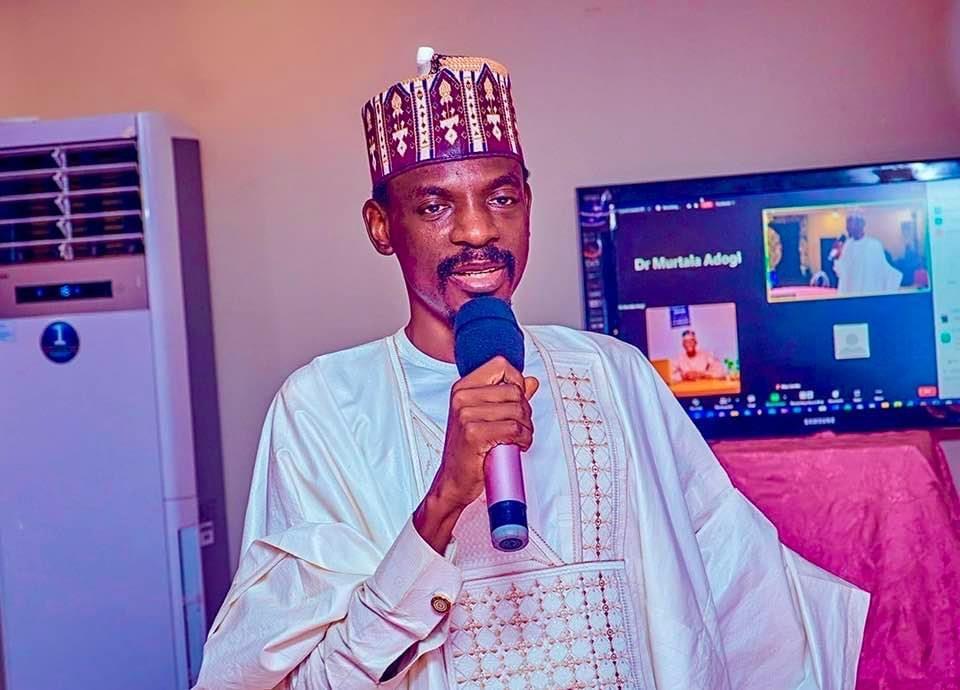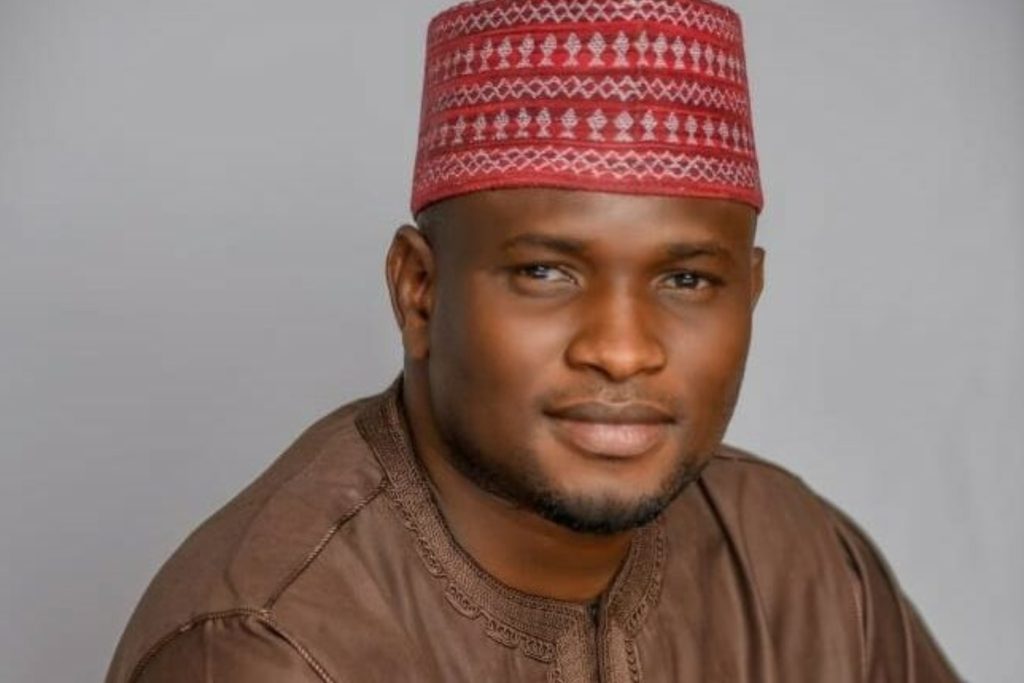The impact of rising living costs under the leadership of President Bola Ahmed Tinubu in Nigeria has reached a critical point, affecting citizens nationwide. The situation is exacerbated by unchecked inflation, food shortages, and diminishing purchasing power, plunging many into unbearable hardship.
Tinubu’s economic team, including Finance Minister Olawale Edun, Budget and National Planning Minister Atiku Bagudu, and Central Bank Governor Olayemi Cardoso, appear overwhelmed by the country’s challenges. Despite interventions, the growing hardship persists.
In the past eight months, Nigerians have endured the consequences of Tinubu’s policies, such as the removal of fuel subsidies and the floating of the Naira in the foreign exchange market. The Naira’s exchange rate skyrocketed to N1,534.39 per US dollar from N460.702 in May of the previous year, exacerbating the economic strain.
The removal of fuel subsidies led to a steep increase in fuel prices, surpassing N550 per liter from N238 in May 2023. Concurrently, the inflation rate surged to 28.92% in December, with food inflation peaking at 33.93%. Consequently, prices of essential goods and services have consistently risen, compounded by currency fluctuations in a country heavily reliant on imports.
The cost of food items has surged by over 100%, with the prices of rice, beans, garri, noodles, groundnut oil, baby diapers, eggs, sugar, and bread soaring significantly. Small-scale traders like Amina Jibrin and ordinary citizens like Mabel Rufus have felt the brunt of these price hikes, with businesses at risk and families struggling to afford basic necessities.
Echoing these concerns, the International Monetary Fund (IMF) has warned of a deepening economic crisis in Nigeria due to the escalating cost of living, prompting recent protests in various states.
In response to the crisis, President Tinubu ordered the release of 102,000 metric tonnes of rice and maize. However, renowned economist Prof Segun Ajibola emphasized the urgent need for import substitution strategies to address Nigeria’s economic challenges effectively.
Similarly, Idakolo Gbolade, CEO of SD & D Capital Management, stressed the necessity of price-fixing policies for certain food items, monitoring excessive profits by traders, and focusing on agricultural self-sufficiency to counter the impact of Naira depreciation.
The plight of Nigerians enduring the escalating cost of living underscores the critical need for immediate and sustainable economic interventions to alleviate the burden on citizens and steer the country toward a more stable and prosperous future.



